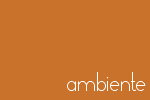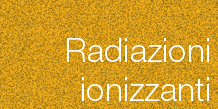Reference Document on Best Available Techniques for the Production of Speciality Inorganic Chemicals
August 2007
Scope of this document
This document, together with other BREFs in the series, is intended to cover the activities described in Section 4 of the IPPC Directive, namely the ‘Chemical industry’. Within the chemical industry, this document focuses on the ‘Speciality Inorganic Chemicals’ (SIC) sector.
Because the IPPC Directive does not define the term SIC and since there is no common understanding of this term in industry, this document proposes criteria to differentiate between SIC and Large Volume Inorganic Chemicals (LVIC). In addition, the following working definition of SIC has been used for the purpose of this document:
‘Speciality Inorganic Chemical (SIC) is taken to mean an inorganic substance manufactured industrially by chemical processing, generally in relatively small quantities, according to specifications (i.e. purity) tailored to meet the particular requirements of a user or industry sector (e.g. pharmaceutical).’
Given the huge variety of SIC, associated raw materials and production processes, this document focuses on a limited number of (illustrative) families of SIC and concludes on BAT for each of these specific families. From the illustrative families and the specific associated BAT conclusions, this document infers generic (or common) BAT conclusions that are considered applicable to the production of a wider range of SIC. The illustrative families developed in this document are speciality inorganic pigments, phosphorus compounds, silicones, inorganic explosives and cyanides. The exchange of information on soluble inorganic salts of nickel could not be carried out to such an extent that BAT conclusions could be drawn, and it was consequently decided to remove the section on inorganic salts of nickel from this document.
Collegati:



















